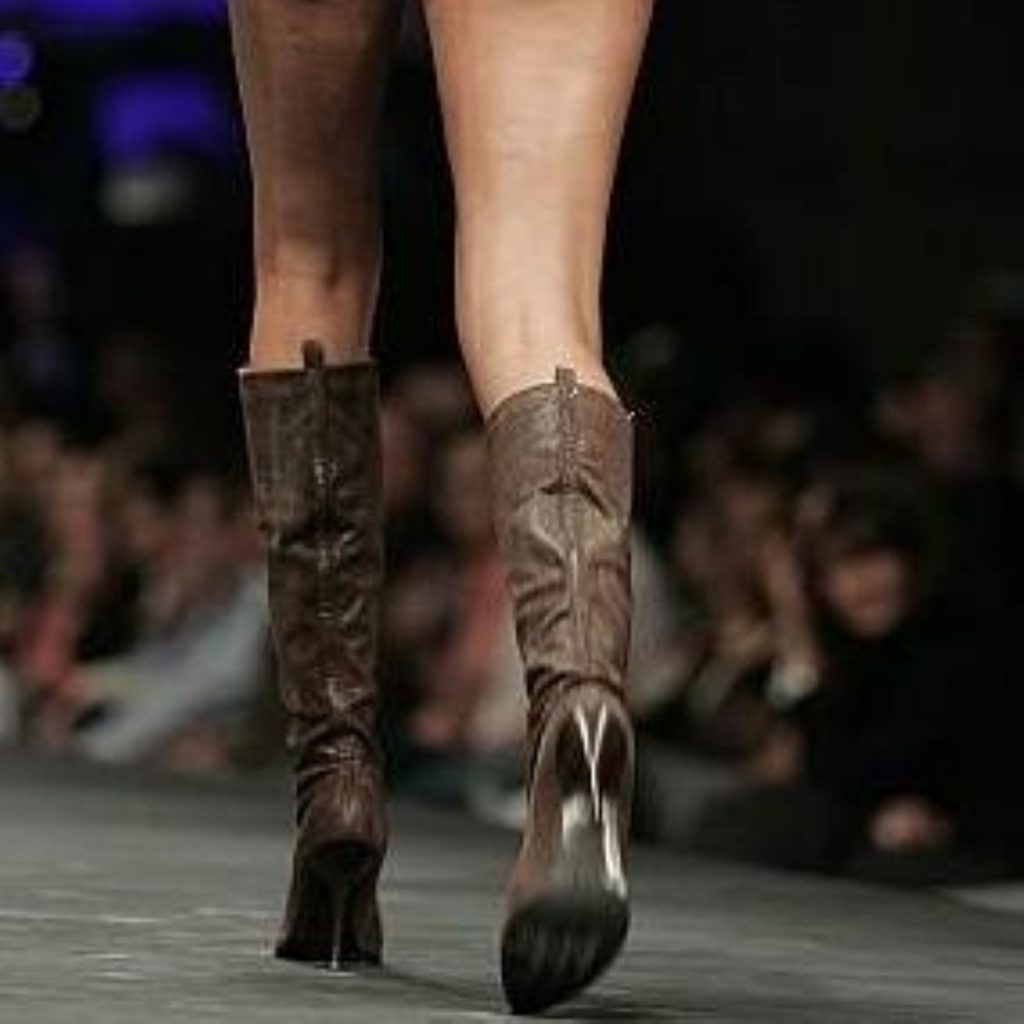Celebrities campaign against sweatshops as London Fashion week kicks off
By politics.co.uk staff
Several celebrities are using the start of London Fashion Week today to campaign against sweatshops.
The initiative will be backed by Jo Wood, the former wife of Rolling Stones guitarist Ronnie Wood, hours before viewers see her debut when the BBC series Strictly Come Dancing returns to Britain’s television screens.
Among other backers are comedians Jo Brand and Francesca Martinez and television and radio gardener Bob Flowerdew.
Supportive public figures include Jack Dromey, deputy general secretary of Unite, the UK’s largest trade union, Mary Turner, president of the union GMB, Queen’s Counsel Michael Mansfield, the leading human rights lawyer, human rights campaigner Peter Tatchell, journalist John Pilger and cartoonist Martin Rowson.
The event is being organised by War on Want, which is unveiling its new drive for 50,000 names demanding that prime minister Gordon Brown regulates the industry.
The Love Fashion Hate Sweatshops push is also endorsed by actor Gael Garcia Bernal, pop singer Little Boots and designer Betty Jackson, who stages her own catwalk show at Somerset House in London on Sunday.
Ruth Tanner, campaigns and policy director at War on Want, said: “We want exploitation-free fashion which makes us look good without feeling bad. This campaign gives people a chance to make a real difference to the lives of workers who produce our clothes. Now is the time for the government to take action.”
Models in campaign T-shirts and carrying Love Fashion Hate Sweatshops placards will launch the drive on a red carpet at Somerset House minutes before the first catwalk show opens there as the curtain raiser to London Fashion Week.
According to War on Want research, workers making clothes for Primark, Tesco and Asda factories in the Bangladeshi capital Dhaka received on average only £19.16.
The vast majority of employees live in small, crowded shacks, many of which lack plumbing and adequate washing facilities. Though forced overtime is illegal in Bangladesh, employees said they were made to toil extra hours, often unpaid.





-01.png)